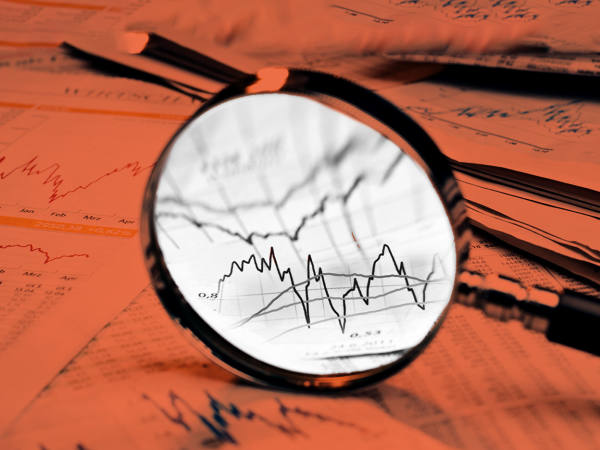Last month, after a year-long hunt, my wife and I had an offer accepted on a house.
Although the purchase was going to require a mortgage at a less-than-ideal moment for borrowers, monthly payments would be manageable. More importantly, the place was comfortably the nicest we had found, and ticked every box on our checklist. Feeling confident, we saw off a rival buyer with a strong bid and immediately moved in (in our heads).
If this all sounds a bit smug, you'll be relieved to know that we won't actually be moving in. Within hours of having our offer accepted, we learned that the property is located just a 100m tire-screech away from a notorious boy racer hotspot. Unsurprisingly, neither estate agent nor seller had advertised what one long-term neighbour described to us as an “intolerable” blight of all-hours anti-social behaviour, thumping sub-woofers, and speeding. Deflated, we withdrew our bid the next morning.
Although painful, the episode has felt like a useful lesson in a subject that matters a lot to investors.
Let me say up front that I am loath to draw parallels between a house purchase and investing. While it’s common to view a primary residence for its investment potential, it is ultimately just the cost of housing. While there are big pluses to the equity growth that often comes with ownership – especially compared with the worsening travails of renters – paying for shelter is rarely a choice.
Putting your cash into bonds, shares, commodities, venture capital trusts or funds, on the other hand, is a choice. And often what dictates this choice is the way an investor prices risk and reward: buy bonds to remove uncertainty, and early-stage biotech in the hope that events fall in your favour.
In our case, the choice was clear: between the certainty of walking away, and the uncertainty of whether a last-ditch policing push to tackle the anti-social problem would work. Ultimately, given the stakes – which include the need for occasional rest, and two small children who would soon be playing in the park opposite – it wasn’t a hard decision.
Granted, investing is rarely so all-in as a family house purchase. On one level, this complicates things, because it puts an infinite range of options and trade-offs on the table. But in a more meaningful sense, it allows the investor to dabble in uncertainty and risk as he or she sees fit. This is especially important. While there is some evidence that an individual’s risk appetite (the consistency with which risk is approached) is an ingrained personality trait, both risk perception (the subjective evaluation of risk) and risk tolerance (the willingness to take on risks with potentially negative consequences) can shift with changing circumstances.
This is also why self-awareness is such a critical investing tool. Armed with historical data, it’s easy to make the case for equities as the long-term wealth compounding asset of choice. But the unavoidable truth is that the path of risk is full of potholes and the occasional stomach-churning drop.
As the Greeks pointed out, to know yourself is the starting point for all wisdom. And if you know yourself to be someone who finds life’s unknowns more painful and stressful than the fear of missing out, then it is completely sensible to reduce risk in your portfolio.
'Market returns' are a fine ambition to reach for. So is consciously settling for less than the market average if it helps you sleep at night. After all, if you live near a road, chances are it’s already noisy enough.











